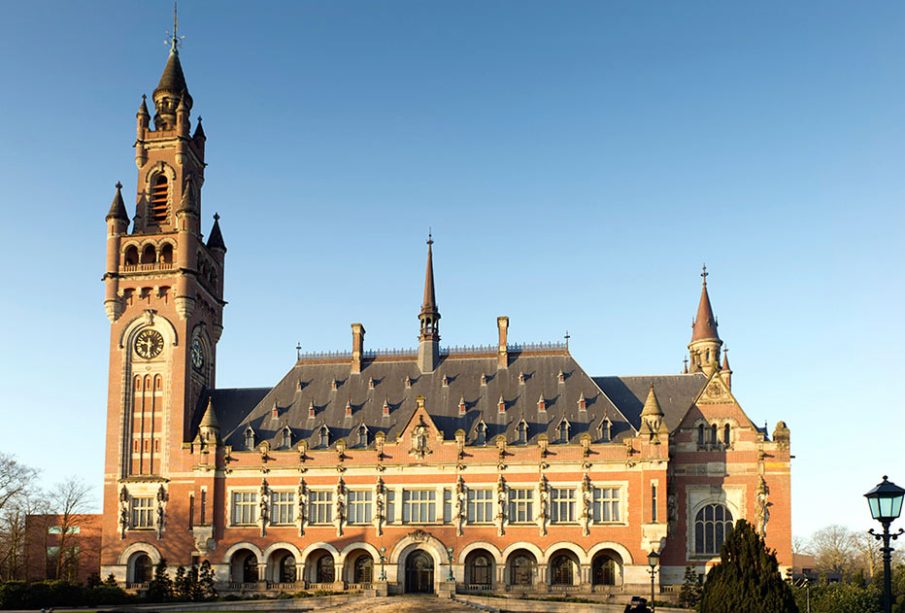Understanding the International Court of Justice

Introduction
The International Court of Justice (ICJ), established in 1945, serves as the principal judicial organ of the United Nations. It plays a vital role in settling legal disputes between states and providing advisory opinions on international legal questions. The significance of the ICJ lies in its ability to maintain peace and justice on a global scale, making it relevant in today’s complex geopolitical landscape.
Recent Developments
As of 2023, the ICJ continues to address various pressing issues including territorial disputes, maritime boundaries, and allegations of genocide. In a landmark case this year, the court ruled on a maritime boundary dispute between two Pacific nations, reaffirming its pivotal role in resolving conflicts through legal means. The decision has been hailed by international law experts as a testament to the importance of judicial intervention in maintaining international order.
Impact on International Law
The ICJ’s rulings are binding on the parties involved, which underlines its authority in international law. Although it cannot enforce its decisions, its judgments have significant moral and political weight. For instance, in cases related to human rights violations, the ICJ’s findings often influence global public opinion and can pressure nations into complying with international norms.
Challenges Faced by the ICJ
Despite its importance, the ICJ faces challenges, including compliance issues and criticisms over its effectiveness. Some nations, notably those with significant political power, have been hesitant to adhere to its rulings. Furthermore, the court’s limited jurisdiction means it can only hear cases submitted by states, leaving many potential disputes unaddressed. This limitation points to the ongoing debate about how to strengthen international legal frameworks and enhance the enforcement of ICJ decisions.
Conclusion
As global tensions rise and conflicts become increasingly complex, the International Court of Justice remains a crucial player in promoting peaceful resolution of disputes and upholding international law. Its future effectiveness will depend on the continued commitment of nations to abide by its rulings and the evolving landscape of international relations. The ICJ not only provides a forum for legal adjudication but also acts as a beacon of hope for the promotion of justice and international cooperation in a turbulent world.









